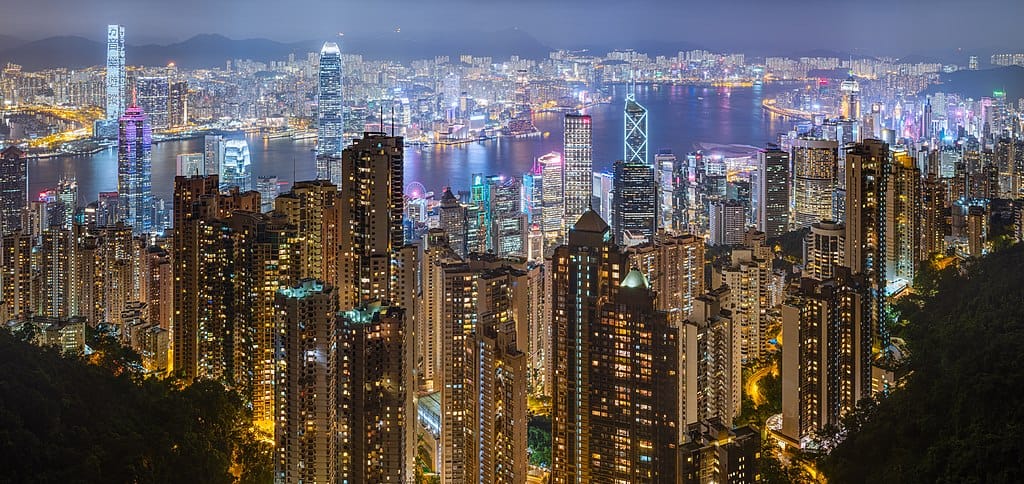A leading US expert on the Chinese economy says that the Trump administration’s threat to annul the special customs status of Hong Kong will have little adverse impact on the region.
The Trump administration recently threatened the removal of Hong Kong’s status as a special customs territory with the United States, in response to Beijing’s mooting of a National Security Law at its Two Sessions congressional event in May.
Critics said that the National Security Law will give Beijing an undue level of control over the former British colony, with US Secretary of State Mike Pompeo announcing on Sunday that the US would view Hong Kong as no longer autonomous from China, and thus without grounds for enjoying favourable treatment.
Exports to the US from Hong Kong currently enjoy the low tariffs for most-favoured-nations (MFN) under the terms of the 1992 United State-Hong Kong Policy Act.
On 29 May President Donald Trump said that he would annul Hong Kong’s status as a customs territory distinct from China, and impose the higher tariffs currently applicable to mainland exports to the US, which can run as high as 25% for certain products.
Nicholas R. Lardy, senior Fellow at the Peterson Institute for International Economics, said in a recent article that the change in status will have a minimal impact on the economies of either Hong Kong on mainland China, given that Hong Kong long ago transformed into a services-dominated economy.
While Hong Kong’s exports to the US total USD$45 million, the MFN tariff is only applicable to goods made in Hong Kong, which Lardy points out are comparatively few.
95 percent of all exports from Hong Kong are goods produced elsewhere, exported to Hong Kong and then reexported from Hong Kong to global markets.
Of the $45 billion in Hong Kong exports to the United States, only 1 percent or about $450 million is produced in Hong Kong and eligible for MFN tariff treatment.
Most of Hong Kong’s exports to the United States are goods produced in China, reexported through Hong Kong. But these goods are already subject to the same high tariffs as Chinese goods exported directly from the mainland to the United States.
Lardy points out that Hong Kong long ago shed its status as a major light industrial goods manufacturer, and that by the end of the 1980’s Hong Kong businesses had shifted all of their production to mainland China to take advantage of low labour costs and preferential tax policies.
Hong Kong’s economy has since made a near total conversion into a services economy, focusing in particular on financial and professional services, as well as tourism and logistics.
Related stories
EU’s Top Diplomat Says Hong Kong Concerns Will not Impede Investment Ties with China
Standard Chartered and University of Hong Kong Establish HKU-SCF FinTech Academy




